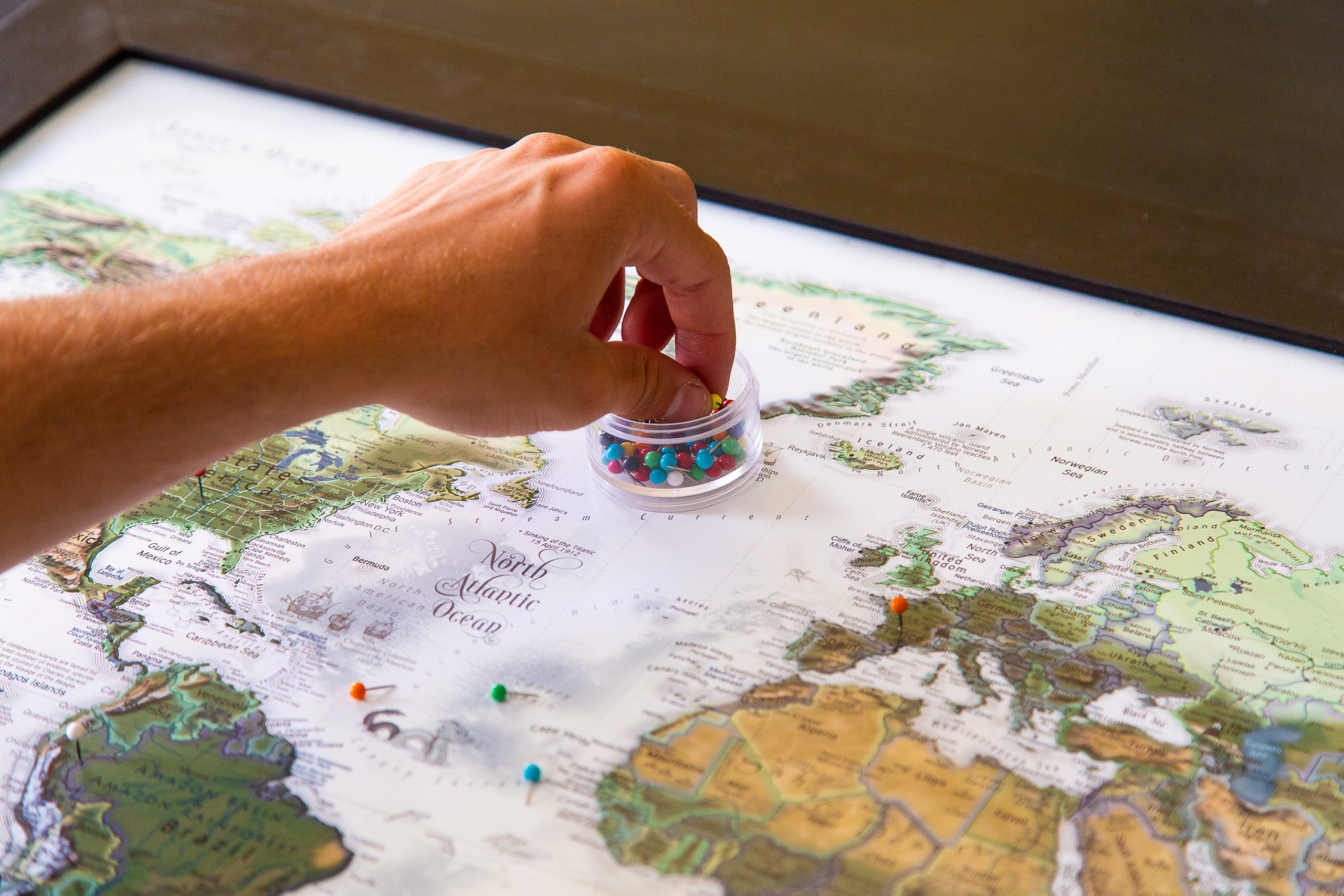What is geography? What does it involve? The main concepts of geography can be difficult to grasp, but this blog post will help make it easier.
Geography is the study of Earth and its features, including the physical and human landscapes. It can be divided into two main branches: human geography and physical geography. Human geography focuses on the spatial analysis of people and their activities, while physical geography examines the natural environment and how it affects humans.
In order to study geography effectively, you need to understand these two branches as well as the main concepts that underpin them.
What Is Geography
Geography is the study of Earth and its features, including the physical and human landscapes. It can be divided into two main branches: human geography and physical geography. Human geography focuses on the spatial analysis of people and their activities, while physical geography examines the natural environment and how it affects humans.
Geographers use a variety of methods to study the world, including field research, mapping, and statistical analysis. As a result, they are able to provide insights into a wide range of topics, from local to global scale. Whether you’re interested in the distribution of population or the impact of climate change, geography is a field that has something to offer everyone.
In order to study geography effectively, you need to understand these two branches as well as the main concepts that underpin them. These concepts include spatial analysis, environmental determinism, and cultural relativism. Spatial analysis is the study of how geographical objects are distributed in space.
Environmental determinism is the belief that the physical environment shapes human activity. Cultural relativism is the belief that cultures should be understood in their own terms rather than in relation to other cultures. By understanding these concepts, you will be able to critically engage with geographical research and develop a deep understanding of the world around you.
The Main Concepts of Geography
As any student of geography knows, there are four main concepts that form the foundation of the discipline: space, place, scale, and interaction. These concepts are interrelated and provide a framework for understanding the world around us.
Space is more than just the area where things are located. It’s also the infinite expanse that surrounds us. And while it may seem empty, space is actually full of wonder and possibilities. Place is a specific location on Earth. It has its own unique characteristics that make it special. It’s a place where people can come to experience different cultures, landscapes, and lifestyles.
Scale refers to the size of an object or area in relation to other objects or areas. Interaction is how we communicate with the world around us. It’s the way we connect with other people and our surroundings. Through interaction, we can learn about new things and experiences.
It’s an essential part of our lives. Each of these concepts is essential for understanding geography, and together they provide a comprehensive view of the world we live in. Now that you know the main concepts of geography, let’s take a closer look at how to get ahead in your studies.
Getting Ahead in Your Studies
Good grades don’t just come from showing up to class and listening passively as the professor lectures. You need to put in some extra effort if you want to really understand the material and get the better grades. First, read the textbook and take notes as you go.
Don’t just try to skim; make sure you really understand the key ideas by actively engaging with the text. In addition, attending all of your classes is important so you can raise your hand and ask questions when you’re confused. And finally, practice applying what you’ve learned by doing problem sets and writing papers.
A good grade is the best reward for hard work. It is the light at the end of the tunnel, showing all your struggles and late nights were worth it. While a bad grade can be discouraging, it is not the end of the world. It is simply a sign that you need to put in more effort. It is important to remember that intelligence is not solely based on grades.
You are just as smart as anyone else, regardless of what your report card says. So do not let a bad grade get you down. Instead, use it as motivation to study harder and do better next time. With hard work and dedication, you will be able to achieve anything you set your mind to. So keep pushing forward, and never give up on yourself.
Is Geography A Science?
Yes, this subject is science. Geography is the study of the world around us. It encompasses everything from the physical features of the Earth to the way human societies interact with their environments. As a result, geography is sometimes seen as a cross between science and social studies. Geography is a science because it investigates natural systems, such as the atmosphere or oceans.
It also looks at how physical features, like mountains or rivers, affect human activity.
But geography is also a social science because it examines how humans interact with their surroundings. This includes studying the ways that people use and modify the landscape, as well as the way that political borders are drawn. In recent years, geography has also begun to examine the impact of technological change on the world around us.
As a result, it is clear that geography is a complex and dynamic subject that is constantly evolving.
Conclusion
Geography is a fascinating and challenging subject that can take you on amazing adventures all over the world. It is also an important field of study for understanding our interactions with other cultures and the environment. If you are willing to put in the hard work, geography can be an exciting and rewarding subject that leads to interesting career opportunities.
Are you ready to explore the world?
